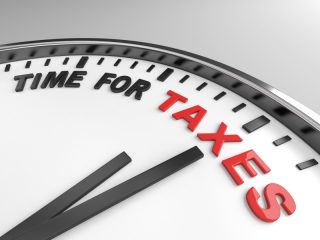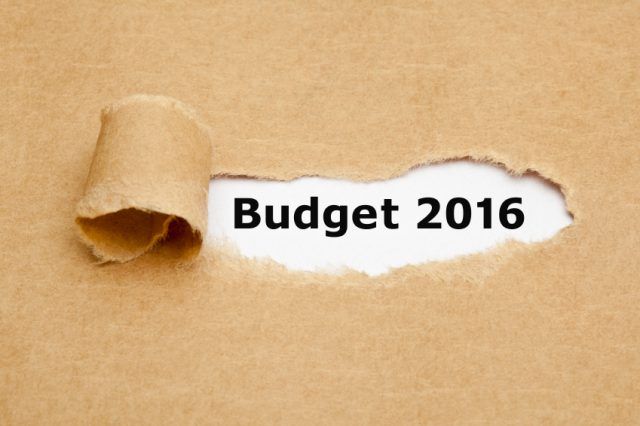Nationwide Updates Lending Criteria for Buy-to-Let Landlords
Nationwide building society is updating its criteria for lending to buy-to-let landlords, ahead of changes to taxes for property investors.
Landlords who take out new loans from the society’s specialist arm The Mortgage Works (TMW) will only be able to borrow up to 75% loan-to-value (LTV), instead of the current 80%. They must also prove that their rental income is at least 145% of their monthly mortgage payments, up from the present requirement of 125%.
These changes were announced as landlords face a reduction in the amount of mortgage interest they can claim against tax, which will come into effect from April 2017. If you are concerned about how current and future tax changes will affect you, we have advice from finance expert Paul Mahoney, of Nova Financial: /contrary-to-popular-belief-buy-to-let-is-not-dead-insists-finance-firm/

Nationwide Updates Lending Criteria for Buy-to-Let Landlords
Under the change, landlords that currently receive tax relief of 40% on their mortgage interest payments will see the amount cut to 20% over five years. Lenders have also been advised to consider the borrower’s costs associated with letting the property, including tax costs, when assessing affordability for loans.
Nationwide’s updated rules on rental income, coming into effect on 11th May, will mean that a landlord that makes £10,000 per year in rent will only be able to borrow £138,000, rather than £160,000.
Alternatively, if they wish to borrow up to £160,000 at 65% LTV, they must find a property that makes an extra £130 per month in rent.
The Managing Director of TMW, Paul Wootton, says the move is designed to help landlords strengthen their cashflow position “and help them withstand the impact of increased costs from the new tax regime”.
He adds: “As a responsible lender, this change is a pro-active move that recognises the need to help safeguard rental cover for landlords over the coming years, and in advance of the forthcoming changes to mortgage interest tax relief.”1
The Director of Coreco mortgage brokers, Andrew Montlake, believes the change shows that lenders are starting to worry about how recent tax changes will affect landlords’ income in the future.
He says: “I suspect they will not be the last to change their rental calculations with this in mind, and landlords should review their portfolio and financing requirements sooner rather than later, as well as making sure they are aware of the very real effects these tax changes will have on their future income.
“The worry is that this will hit not just landlords, but tenants too in the form of higher rental payments, at a time when many are already stretched.”1
Other lenders have also been making changes to their lending criteria.
It is now almost a month since buy-to-let landlords and second homebuyers began being charged an extra 3% in Stamp Duty. The Association of Residential Letting Agents has expressed concerns that this is causing the level of rental property supply to decline.
1 http://www.theguardian.com/money/2016/apr/29/nationwide-tightens-lending-criteria-for-buy-to-let-landlords









